Revisiting EFSA@EXPO: How epigenetic changes affect our health
Hundreds of scientists, policy-makers and academics came together at EFSA’s second scientific conference from 14 to 16 October 2015 in Milan to discuss developments and challenges in food safety. With all video material now available online, in the coming weeks you can revisit the discussions held at the various conference sessions. What were the key topics in each of the sessions? What were the main questions raised and which directions for new research were identified?
Science, innovation and society
The second plenary focused on the interplay between science, innovation and society. The four speakers presented topics which are currently the subject of major biological research. The findings resulting from this research are expected to impact on the way food-related regulatory risk assessment A specialised field of applied science that involves reviewing scientific data and studies in order to evaluate risks associated with certain hazards. It involves four steps: hazard identification, hazard characterisation, exposure assessment and risk characterisation is conducted in the future.
A common theme of all four presentations was the importance of epigenetic changes for human health and life span. Epigenetic changes are changes in gene expression that are not caused by modifications in the DNA A complex chain-like molecule that carries the genetic material, present in living organisms and some viruses. DNA (deoxyribonucleic acid) is capable of copying itself and carries the instructions for all the proteins used to create and sustain life but by other factors including environmental, dietary, pharmaceutical, microbial and lifestyle aspects.
Gut bacteria and their impact on our health
The human gut hosts between 1,000 to 10,000 bacterial species A subdivision of the genus, a species is a group of closely related and similar-looking organisms; for example, in the case of Homo sapiens (humans), the second part of the name (sapiens) represents the species containing more than five million genes. What impact does the microbiota have on human health and human disease? Anne Salonen of the University of Helsinki said that major advances had been made in recent years in understanding the complexity of gut microbiota. One of the current challenges is to understand how different environmental and host factors modify the diversity of a person’s microbiota. Presentation
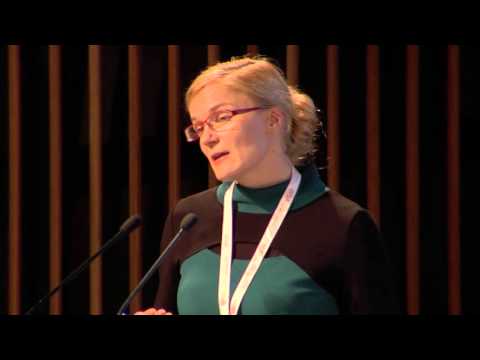
The impact of epigenetic factors on ageing
Longevity has increased markedly over the past 100 years. Pierluigi Nicotera of the German Centre for Neurodegenerative Diseases in Bonn, Germany, explained that studies suggest that epigenetic mechanisms are responsible for this prolonged life expectancy. But extended lifespans bring other risks to health and wellbeing. Longevity increases the vulnerability of the body’s genetic material to be affected by random errors or stress factors. ;
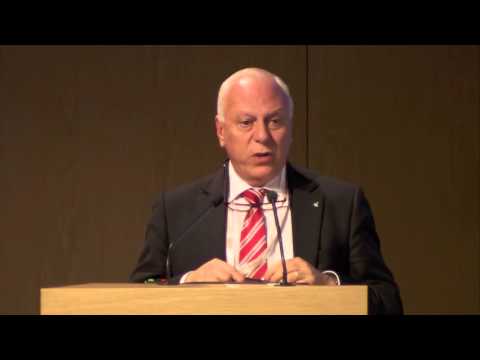
What’s new in reproductive endocrinology?
The only purpose for our existence is reproduction, the process through which we pass our genes to the next generation. Richard M. Sharpe of Edinburgh University covered the most important recent developments in the research of human reproductive biology. One of the key findings appears to be that we are not only the result of our genes but also of the lifestyle choices made by our parent and grandparents.Presentation | Slideshare
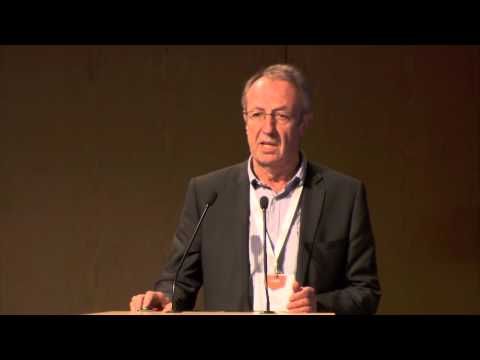
How the modern diet affects our health
The “One Health – One Planet” concept relates to the inter-connectedness of ecological, environmental, animal and human health. Picking up the epigenetic thread of the session, James Trosko of Michigan State University elaborated on the consequences for human health by the mismatch between slow biological evolution of our genes and the rapid changes in modern society, particularly related to nutrition The science of how diet relates to the body's need for sustenance and lifespan. Presentation | Slideshare
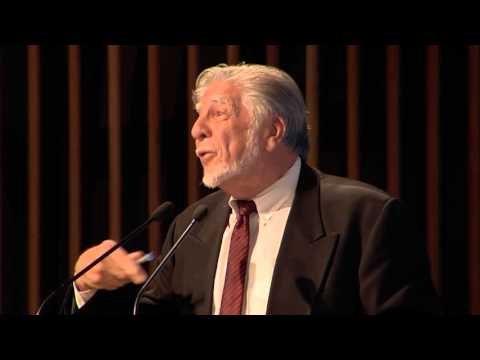
Panel Discussion
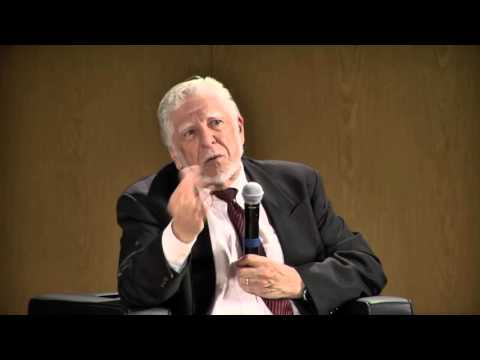
How to contact us
EFSA Media Relations Office
Tel. +39 0521 036 149
E-mail: press [at] efsa.europa.eu (Press[at]efsa[dot]europa[dot]eu)
(Only if you are a member of the press)
Ask a Question Service
You have a question about EFSA’s work? Contact our Ask a Question service!